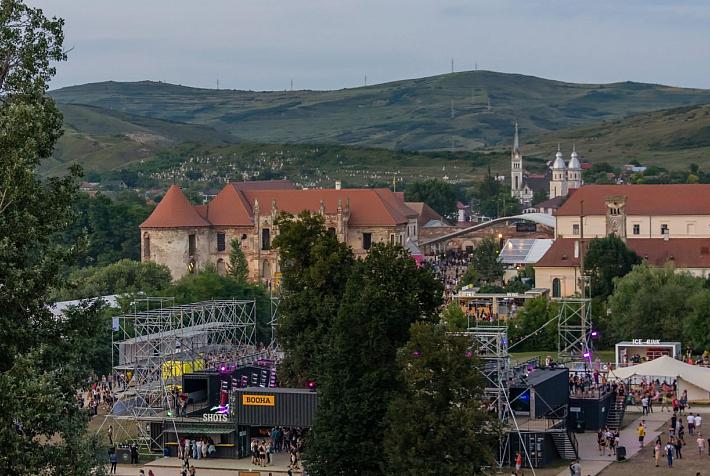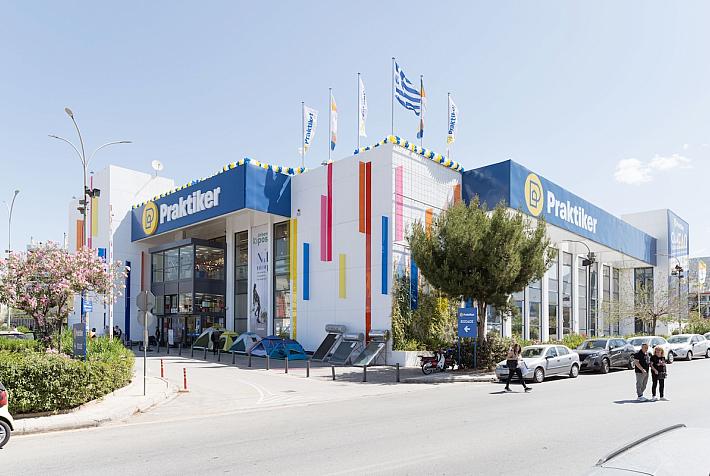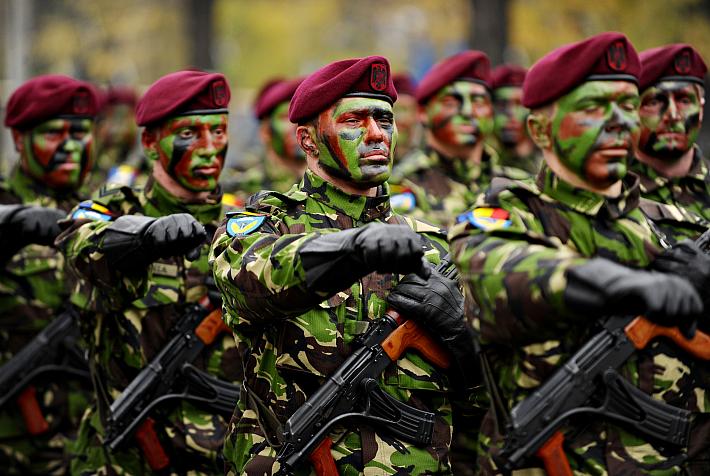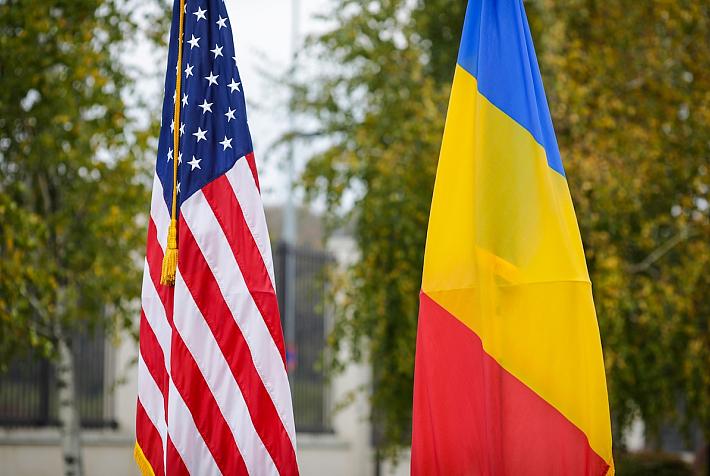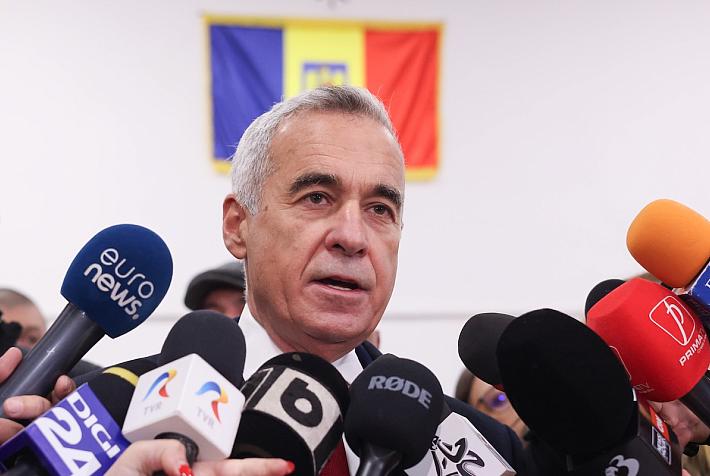Romania wraps up its business with the IMF

Romania’s National Bank (BNR) made yesterday the last interest payment on the EUR 13 billion Romania took from the International Monetary Fund in 2009. The EUR 250,000 payment marked the country’s completion of its IMF deals.
In January, BNR also paid the loan’s last capital installment worth EUR 122 million, reports local Profit.ro.
Romania’s Finance Ministry, which also benefitted from the IMF loan, finished repaying its part last year.
Romania doesn’t plan to conclude a new deal with the International Monetary Fund, said yesterday Dragos Tudorache, head of the Chancellery of the Prime Minister.
Romania made the loan in May 2009 after the onset of the economic crisis. At the same time, the country borrowed another EUR 5 billion from the European Commission and EUR 2 billion from the World Bank. The total loan thus amounted to EUR 20 billion, namely over 16% of Romania’s economy in 2009.
Most of the money from the IMF went to the National Bank, to help it strengthen its foreign currency reserves and defend the EUR/RON exchange rate, which was under pressure due to capital withdrawals by foreign banks and other international investors. Some of the IMF money, together with the loans from the European Commission and World Bank, went to the Finance Ministry to help it cover the budget deficit and fight off the effects of the economic recession.
To get the money, Romania promised to make structural reforms and reduce its budget deficit. In summer 2010, Romania cut the public workers’ salaries by 25% and increased the VAT rate from 19% to 24%, which helped it reduce the budget deficit on the short term, but delayed the economic recovery, which only started in 2011.
After the first stand-by agreement with the IMF, European Commission, and World Bank expired in 2011, Romania closed two new agreements, without taking any more money.
The latest one was signed in September 2013, but ended without an official report in September 2015, after the Government led by Victor Ponta decided to start the fiscal relaxation by cutting the social security contribution (CAS), in October 2014, and the VAT rate on food, starting June 1, 2015, while increasing the public employees’ wages. The IMF didn’t agree with these measures, warning that Romania would exceed its assumed budget deficit target.
editor@romania-insider.com






